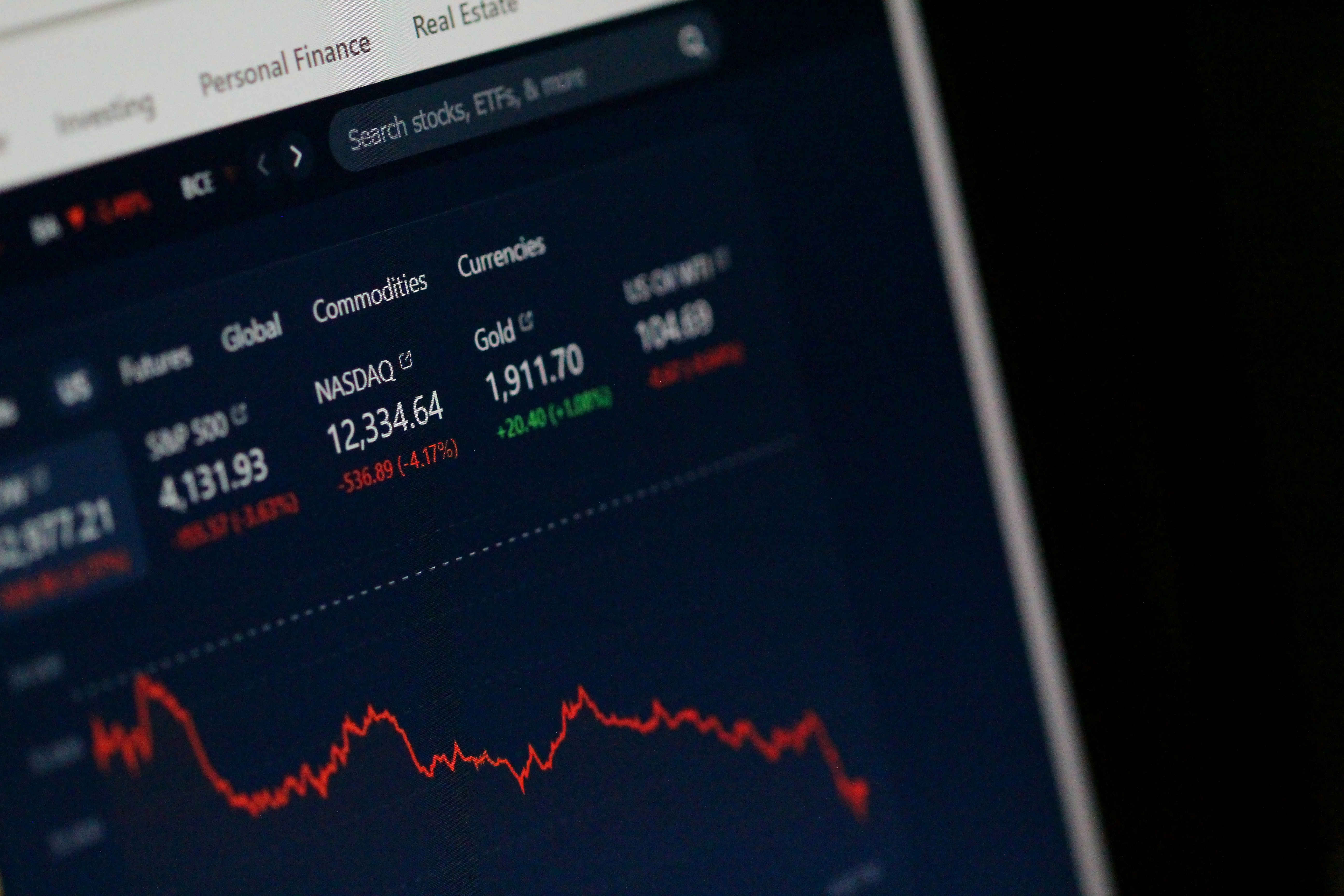This research report examines the shaping of Indonesia’s digital norms as the country seeks to develop its technological sector and digitalize its governance, business and societal processes. This study aims to determine the extent to which Indonesia's digital norms are influenced by Western digital norms of multistakeholderism, openness and market-driven internet that are promoted by US-based global technology companies, vis-a-vis China’s digital norms that lean more toward government control of technology and information. This study argues that despite the influence of technology suppliers, Indonesia possesses inherent national values that contribute to its unique position in developing distinct digital norms.
Our methodology included the analysis of primary and secondary resources, as well as expert interviews. The team conducted in-depth interviews with 40 respondents from the Indonesian government, business, and civil society between March to September 2023. Primary and secondary sources included national laws, regulations, reports and secondary literatures are publications on digital norms, technological adoption, digital investment, and cybersecurity in Indonesia. The analysis of secondary resources began in mid-2022 and continued until July 2023. The preliminary findings from this study were presented to relevant stakeholders in a public discussion and closed-door meetings with stakeholders in August 2023, reviewed by academic peers in September 2023 to March 2024, and subsequently revised and published for broader dissemination. The authors would like to express their gratitude to Monica Nila Sari, Ian Kennedy, Ilaria Carrozza, Giacomo Bruni, Nicholas Marsh, Jens Koning and Gregory M. Reichberg for their feedback and contributions to this study.








